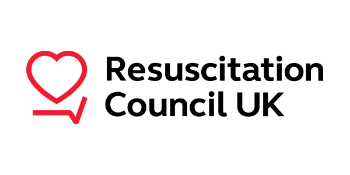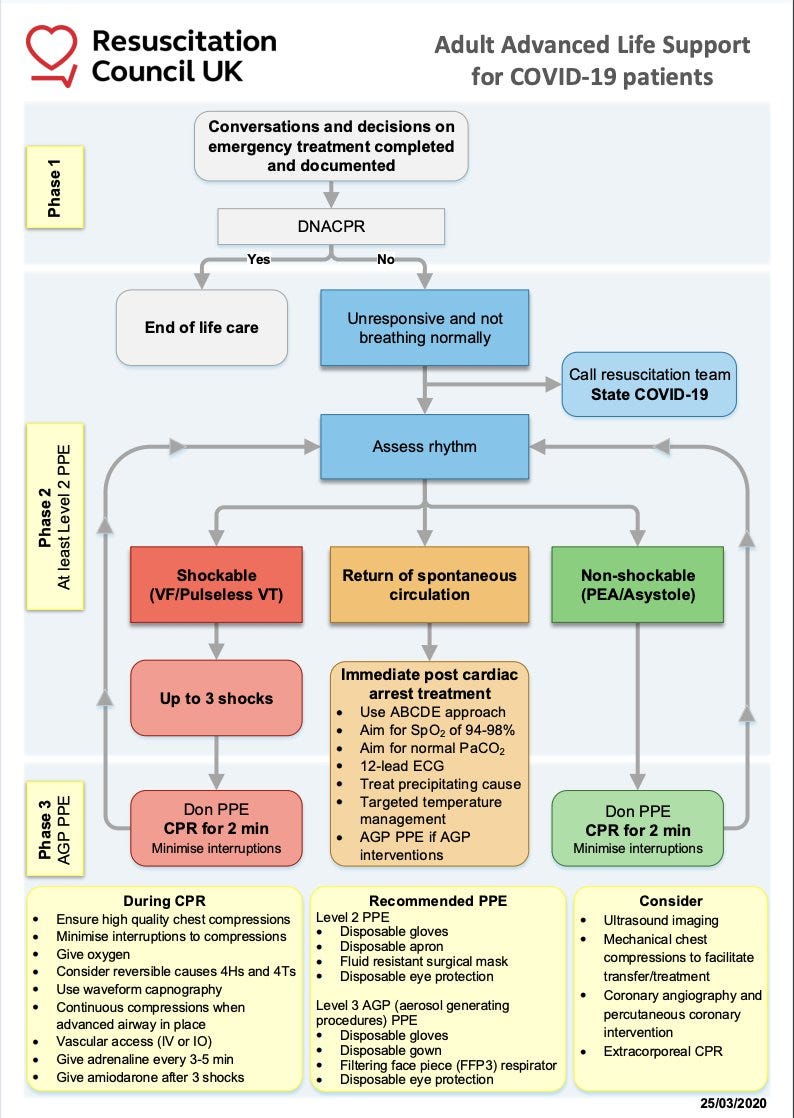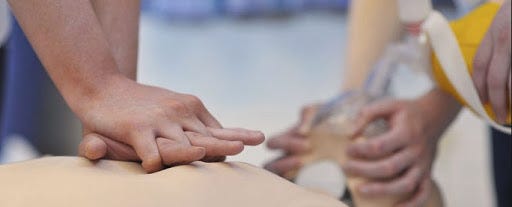Everything that you need to know about ALS

What is ALS?
ALS ( Advanced Life Support ) course is organized by Resuscitation council , .U.K. throughout the year in various hospitals and other training centers across the country.
Why is ALS important?
- It focuses on delivery of adult CPR, recognition and management of the deteriorating patient and working in a team during emergency situations
- It is essential to complete ALS certification to apply in a training job in the U.K.
- It is essential for all foundation doctors in the U.K. to complete ALS before starting on further training.
Structure of ALS
ALS can be —
A. A 2 day course : You have two days of teaching and practice followed by assessment of skills
B. e-ALS (1 day course) : You complete online modules and have one day of teaching and practicing followed by assessment of skills on the same day.
ALS focuses on providing necessary advanced skills which includes:
- Monitoring sick patients
- Recognizing signs of patient deterioration
- Calling for help at the right time
- Delivering effective CRP and defibrillation
- Post resuscitation care of patients
- Recognizing and treating arrhythmias
- Guidance on reading arterial blood gases and further management
- Non-technical skills needed in resuscitation scenarios

How to book ALS?
Use the following link :
Choose the center of your convenience and email them to register an interest.
You will get a reply from them regarding course fees and availability in due time.
Ask your hospital if they have an ALS course coming soon and you might get lucky to get a place in one.
When to book ALS?
ALS courses are in demand and it can be difficult to find one . Prepare and book one early ( 4–5 months earlier to the course date).
Is ALS conducted overseas?
ALS course is conducted overseas. Check the Resuscitation council UK website mentioned above for more details.
How much does the ALS course cost?
It can vary from 400–700 GBP (Usually the 1 day course is cheaper).
Which course should I go for ?
I personal advice going for the 2 days course. You need to be well prepared, read the ALS manual thoroughly and practice the scenarios well for your final assessment .
What happens after I book ALS?
You receive the ALS manual 4 weeks before your course. This is your guide to the course.
You need to complete online modules (for both 1&2 day ALS course ) and complete a pre course MCQ (scores don’t matter).
What happens in the ALS assessment?
After your ALS course, your assessment consists of :
- Post course MCQs ( pass marks ≥75%)
- Cardiac Arrest Simulation : This is the practical part where you are asked to deal with a cardiac arrest and lead the medical emergency team. You are allowed 2 attempts for the same.
You need to pass in both the parts to get a certificate of ALS provider status.
What happens if I fail in the post course MCQs?
You are given a chance to repeat the test again within 3 months of the course on a later date.
What happens if I fail in both attempts in the cardiac arrest simulation ?
You are given a chance to repeat the test again within 3 months of the course on a later date.
What happens if I fail both parts of the assessment?
You will have to repeat the course again.

My experience with the ALS course
I booked a 2 days ALS course in a center in London.
I passed my ALS in the first go in the cardiac arrest simulation assessment and scored 89% in the post course MCQs.
Following are my recommendations to perform well :
- Read the ALS manual completely and mark the important points to read a day before your assessment.
- Don’t take cardiac arrest simulation scenario lightly as it is easy to fail in it. 3 candidates who went before my turn came back with sad faces.
- Focus on the lectures and clear all your doubts. ( I cleared all my doubts along with the lectures. Funnily enough, the lecturers looked towards me every time when they finished as they expected a question from my side.)
- Practice the scenarios sincerely and help others who don’t do well .
- Don’t be afraid to get up and go for a demo scenario when asked to volunteer. I volunteered for almost all the practice scenarios and went through them as the first person to attempt them.

Cardiac Arrest Simulation Scenario
By the end of the lectures, I was fairly confident that I will pass it. I had a scenario about a lady who had a recent surgery and now complained of chest pain . She was short of breath and felt confused.
I did a full ABCDE assessment for the lady and identified that she could be having a pulmonary embolism.
The scenario changed when she became non responsive and had a cardiac arrest. I lead the cardiac arrest scenario , successfully reviving her and commenting on post resuscitation management.
As I was commenting on post resuscitation management, the examiner stopped me and said that I had passed.

Hello,
ReplyDeletecan you please tell us how an international student can enter in to UK NHS.
for example
graduation -> IELTS-> PLAB->...............................................
we are not able to understand how to enter into UK because every one are saying a new information no one are giving a exact information( other websites.) ( i was searching this information from past 3 months till now I haven't hared ALS) so please tell as.
thank you.
Sure . I will write a blogpost about it soon.
DeleteWhen do you advise is the best time to give it? (after plab 1 or 2 ,, or both and is there an expiration date?) Are we required to give BLS before ALS?
ReplyDeleteYou are not required to take BLS before ALS. You can take it anytime as the certificate is valid for 4 years after you pass. Please plan your timing of applying in training accordingly.
DeleteHello , can you please share how to study the book and what to study in the book ? It's very confusing
ReplyDelete